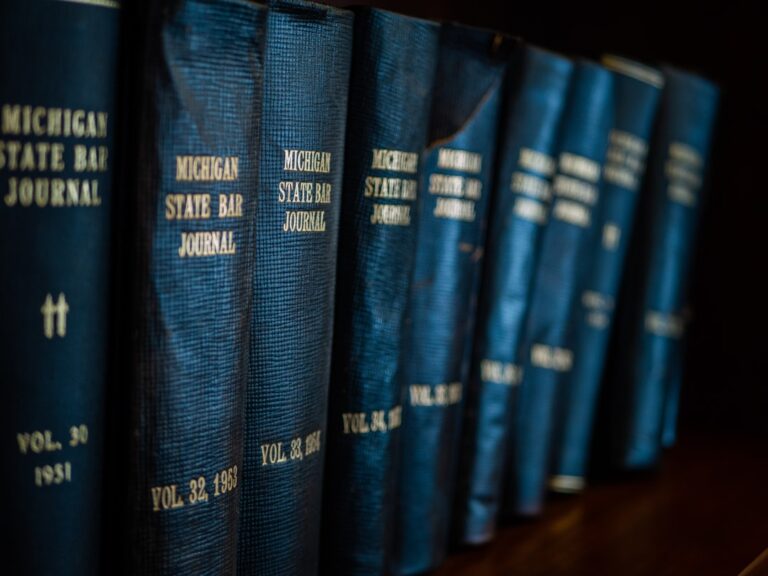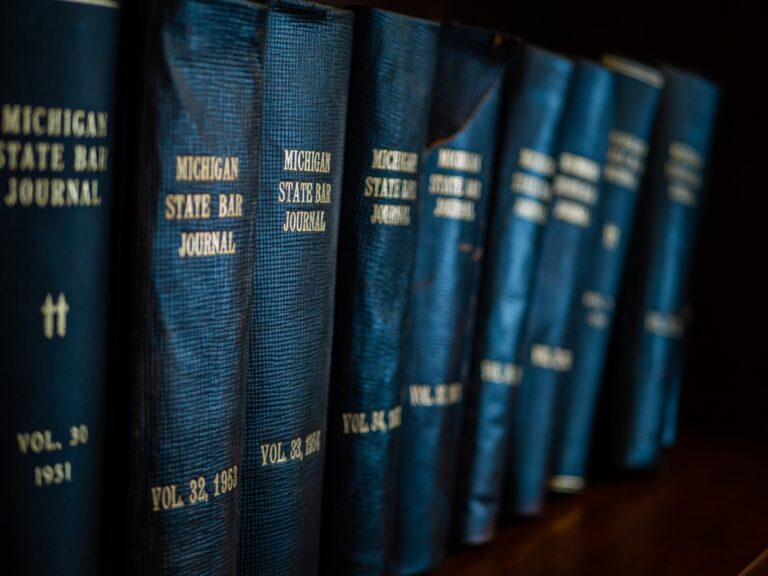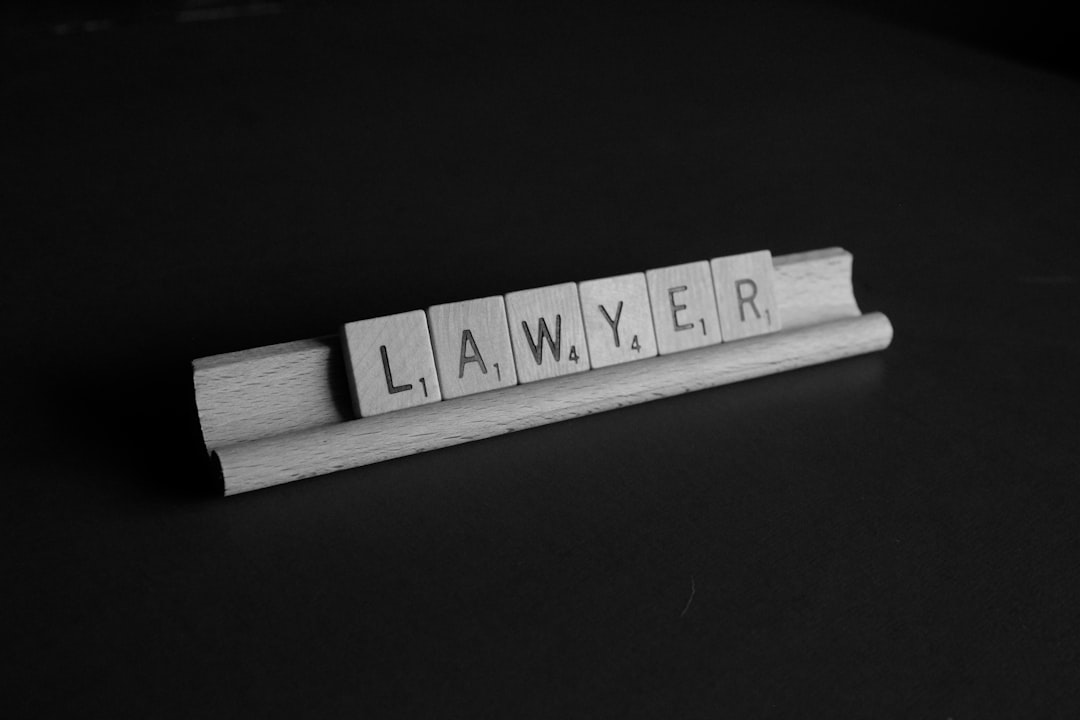In Ohio, sexual assault cases are governed by stringent legal requirements, with forensic evidence playing a pivotal role. A sexual assault law firm in Ohio navigates these complexities, ensuring proper handling and admissibility of DNA samples and medical records while protecting the rights of both accused and victims. Expert testimony from medical professionals and analysts is crucial for interpreting intricate forensic findings, fostering fairness. Advances in DNA technology have significantly impacted trials, prompting defense strategies to challenge its admissibility rather than its existence. Sexual assault law firms in Ohio adapt to these advancements to secure just outcomes.
In Ohio, sexual assault cases heavily rely on forensic evidence. However, challenging circumstances often arise during preservation and presentation, impacting outcomes at trial. This article delves into the intricate landscape of Ohio’s sexual assault laws and the stringent evidentiary requirements attached to them. We explore common challenges faced by legal professionals in managing forensic evidence and discuss the pivotal role expert testimony plays in overcoming these hurdles. Furthermore, we analyze how advancements in DNA technology have reshaped outcomes at sexual assault trials across the state, highlighting the evolving nature of this critical aspect of criminal justice. For insightful guidance, turn to a trusted Ohio sexual assault law firm.
Understanding Ohio's Sexual Assault Laws and Forensic Evidence Requirements

In Ohio, sexual assault cases are governed by stringent legal requirements and a deep understanding of forensic evidence is crucial for both prosecutors and defense attorneys. A sexual assault law firm in Ohio would advise that the state has strict standards when it comes to collecting, preserving, and presenting forensic evidence related to sexual crimes. This includes physical evidence such as DNA samples, medical records, and any other relevant data that can establish or refute allegations of sexual assault.
The laws emphasize the need for proper handling and documentation of evidence, ensuring its admissibility in court. Ohio’s legal framework recognizes the sensitivity and potential complexities surrounding sexual assault cases, which is why a sexual assault law firm plays a vital role in navigating these legal requirements, protecting the rights of those accused, and ensuring justice for victims.
Common Challenges in Preserving and Presenting Forensic Evidence

Forensic evidence plays a pivotal role in sexual assault trials, offering crucial insights that can either convict or exonerate individuals. However, navigating the complexities of preserving and presenting this evidence is far from straightforward, presenting several common challenges for both prosecutors and defendants alike. One significant hurdle lies in ensuring the integrity of physical evidence collected at crime scenes. This includes proper handling to avoid contamination or alteration, which is not always easy, especially in highly sensitive cases where a thorough yet gentle approach is essential.
Moreover, technological advancements have led to diverse forensic methods, ranging from DNA analysis to digital forensics. While these techniques significantly enhance prosecution cases, they also introduce complexities. For instance, interpretations of digital evidence can be subjective, and experts may differ in their conclusions. A sexual assault law firm in Ohio would need to address such nuances when challenging or supporting the admissibility of forensic findings, ensuring that the presentation aligns with established legal standards.
Expert Testimony and Its Role in Overcoming Evidentiary Hurdles

Expert testimony plays a pivotal role in overcoming evidentiary hurdles in Ohio sexual assault trials. Often, forensic evidence in such cases can be complex and subject to interpretation, making it crucial to have experts who can break down scientific findings for juries. Sexual assault law firms in Ohio frequently rely on professionals like medical doctors, nurses, toxicologists, and DNA analysts to provide clear, unbiased explanations of the evidence. These experts help establish a more comprehensive understanding of the events, ensuring that the jury makes informed decisions based on accurate information.
By presenting expert testimony, defense attorneys can challenge or reinforce the credibility of forensic evidence. This strategic move allows them to navigate the nuances of the law and advocate for their clients’ rights. Conversely, prosecutors also benefit from expert witnesses who can bolster their cases, especially when dealing with issues like trauma, memory, and the reliability of certain types of forensic tests. Such specialized knowledge is vital in navigating Ohio’s sexual assault laws, ensuring fairness, and ultimately achieving just outcomes.
The Impact of Advancements in DNA Technology on Ohio Sexual Assault Trials

Advancements in DNA technology have significantly reshaped the landscape of Ohio sexual assault trials. With increased precision and efficiency, DNA evidence can now conclusively link a defendant to the crime scene, providing irrefutable proof that was previously unavailable. This has been a game-changer for sexual assault cases, where convincing evidence is often scarce. The introduction of sophisticated DNA testing methods, such as STR (Short Tandem Repeat) analysis, allows for more accurate matching of genetic profiles, enhancing the reliability of results.
As a result, sexual assault law firms in Ohio have had to adapt their strategies. They now focus more on challenging the admissibility of DNA evidence rather than disputing its existence. Lawyers examine factors like proper collection and storage procedures to ensure the integrity of the evidence. They also scrutinize the expertise of analysts and the potential for human error during testing, as these issues can weaken the prosecution’s case. This evolution in legal tactics reflects the profound impact of DNA technology on the fairness and outcomes of sexual assault trials.






